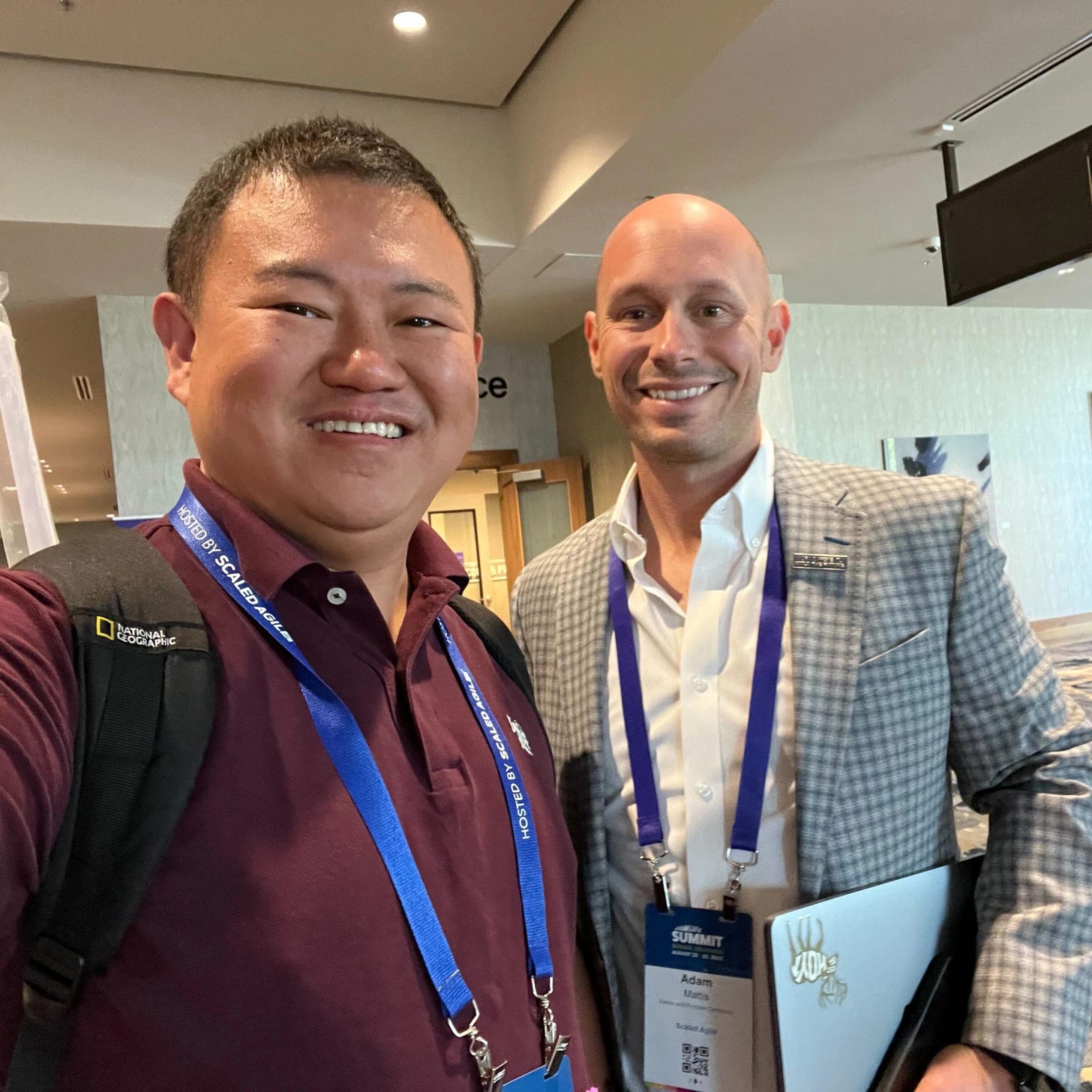That LinkedIn Rant? It Says More Than You Think

Let’s be honest: if you’re using LinkedIn (or any social platform) as your personal complaint department, you’re not being “authentic”—you’re slowly taking a torch to your own professional reputation.
We’ve all seen it. The posts dripping with cynicism. The vague, passive-aggressive rants about “toxic leadership” or declarations that this or that is “dead.” The “thought leadership” that’s really just venting dressed up in hashtags—to appease the algorithm and the worst parts of each of us. It might feel good in the moment. It might even feel great to get those dopamine hits from the likes and comments of people who share your frustration. But make no mistake: this pattern is costing you opportunities.
You’re Broadcasting More Than You Think
Your online presence is a signal—loud and clear—and often a glimpse into your authentic character. People are watching. Future employers. Partners. Investors. Teammates. They're all taking notes.
When your digital brand becomes a steady stream of negativity, you’re not being edgy or thought-provoking. You’re signaling that you might be hard to work with. That you dwell in problems instead of solving them. That you stoke drama instead of ideas and teamwork. And in a world where people hire for both capability and chemistry, that matters.
This isn’t about sugarcoating your thoughts. It’s about how you show up—especially when things get hard. It’s about your ability to convey counterpoints in a respectful, constructive way. It’s about persuasion. Influence. Leadership.
Screenshots Are Forever
Let’s not kid ourselves—every post is a digital artifact. It sticks. According to a CareerBuilder survey, 70% of employers admit to passing on candidates because of something they found online.
You might forget about that “spicy” take you posted after a rough all-hands, or the back-and-forth argument buried in the comments. But the internet won’t. Neither will the recruiter who looked you up before scheduling that interview—or the client weighing whether to sign that deal.
If your name is associated with complaints, cynicism, or “calling people out,” that deal may never even land on your desk.
Negativity Doesn’t Build the Tribe You Want
Your network reflects your energy—and energy has a habit of attracting like energy. If you’re consistently negative, you’ll attract people who feed on that. People who co-sign your frustration but won’t help you grow. That’s not community—that’s a cage.
The best people—the ones you really want in your corner—aren’t looking for constant complaints. They’re looking for signals of leadership, optimism, resilience, and clarity. They want to collaborate with individuals who see what’s broken and take action to fix it—not just talk about it.
"We attract what we are, not what we want."
Call Things Out—But Do It With Purpose
To be clear, this isn’t a plea for toxic positivity—Kim Scott, author of Radical Candor, has warned us about that trap. The world isn’t perfect, and pretending otherwise helps no one. But there’s a big difference between being a truth-teller and being a chronic critic. One builds trust; the other breeds fatigue.
If something’s broken—call it out. But add value. Offer a perspective. Propose a solution. Invite conversation. Show that you’re not just venting, but genuinely invested in helping things get better. That’s what leaders do.
Challenge the system, yes. But do it with credibility, not contempt. Do it in a way that earns you influence—because that’s the only way you’ll actually change anything.
To be transparent, I haven’t always been great at this. After my time in the military, I felt it was my mission to call out problems and toxic behavior with ruthless directness. Right is right—but right isn’t always welcome. Over time, I learned that tact and influence are the tools that actually move the needle.
As the adage goes: It’s not what you say—it’s how you say it.
Ask Yourself This Before You Post:
Is this helpful—or are you just trolling for engagement?
Is it adding value—or draining attention?
Would I be proud if a future client, partner, or boss saw this?
These aren’t just filters—they’re guide rails. They keep your brand aligned with the impact you want to have. Because every post is a chance to either build trust or burn it.
If the answer is no, maybe save it for your journal—or your therapist. That’s not shade. That’s maturity.
Final Thought
Your online presence is your professional brand. So if every post feels like a mic drop, ask yourself: Are you building influence—or just burning bridges?
Here’s the truth: the loudest complainers rarely get invited to shape the solution.
But those who lead with insight, courage, and humility? They’re the ones the room makes space for.




